Can Doctors Have Tattoos? Expert Guidelines & Tips
Discover if sporting body art can hinder your career prospects in the field of medicine.

Image: Shutterstock
A neat blouse or collared shirt with a lab coat is the usual image we have of a doctor. Never do we think of them with facial piercings, orange hair, or a sleeve of tattoos. But that begs the question, “Can doctors have tattoos?”
Tattoos are increasingly becoming popular as a symbol of personal expression and identity in a conservative profession such as medicine. However many are still not in favor of doctors having body ink or body piercings in this field. So, if you have a passion for this lovely piece of body art but do not know what to do, you have come to the right place. In this article, we will delve further into whether doctors can sport tattoos, and certain guidelines to follow. Scroll down to know more.
In This Article
Can Doctors Have Tattoos?

There is still a certain conservatism in medicine with respect to doctors having lip piercings, blue hair, and tattoos. Having said that, there are no rules or laws that forbid doctors from sporting tattoos. However, the guidelines and policies for tattoos differ in each healthcare facility. Some may ask their hospital staff and doctors to cover visible body art at work for hygiene purposes or to present a more professional appearance for their patients. Others may allow their hospital admins, medical technicians, and doctors to display their visible tattoos at work to create a supportive and comfortable environment. Therefore, make sure to check your hospital’s guidelines to help you navigate your workplace better.
Doctors can sport tattoos in facilities with relaxed policies around them. But are there certain restrictions about the type of tattoos they can display? Find out in the next section.
Key Takeaways
- The cultural acceptance of tattoos may vary across healthcare institutions with respect to their guidelines and attitudes.
- Doctors with tattoos may need to cover them while on duty with makeup or medical tape.
- Many hospitals are okay with doctors having tattoos. However, they prohibit tattoos related to violence, racism, political views, etc.
- Tattoos may help create an inclusive environment at work, while it may make them seem less professional and caring to the patient population.

What Tattoos Are Allowed For Doctors?

Doctors can sport tattoos as long as they do not contain explicit or inappropriate content regarding a specific sex, race, religion, violence, hate speech, political beliefs, or nudity. However, they must follow proper hygiene practices to ensure they do not interfere with medical procedures or increase the risk of infection.
So, if you plan on getting a tattoo, you can keep the following things in mind:
- Ensure that you are not allergic to tattoo ink.
- Allow your tattoo to completely heal (approximately 4 to 6 weeks) before going back to work.
- Consult your tattoo artist and select an area that is less visible or easily concealable in a clinical setting.
 Trivia
TriviaThough medical regulations differ from state to state, and even from one hospital setting to another, there are certain general guidelines that most medical facilities adhere to when it comes to their tattoo policy. Find out what they are in the next section.
Guidelines For Doctors To Have Tattoos

These are some of the general guidelines that are followed for those pursuing a career in medicine:
1. Guidelines On Visibility
Most medical facilities ask their doctors to cover arm tattoos, neck tattoos, face tattoos, or sleeve tattoos with gloves, scrubs, or face masks. This is because they can be distracting for many patients and even the other medical professionals working there.
2. Differences In Policies
Some hospitals may allow doctors with visible tattoos if they are non-offensive and do not come across as disrespectful. Many medical institutions are becoming more open to tattoos as part of personal expression, reflecting broader changes in societal attitudes. Some workplaces are revising their policies to focus more on professionalism and patient care rather than appearance. This shift allows healthcare professionals to embrace individuality while maintaining a respectful and professional image. However, restrictions and anti-tattoo codes are still in place for many institutes.
 Pro Tip
Pro TipThe general guidelines above may help you navigate your daily life as a doctor. Having said that, there are certain pros and cons to having tattoos as a doctor. Check out the next section to know more.
Pros And Cons Of Doctors Having Tattoos
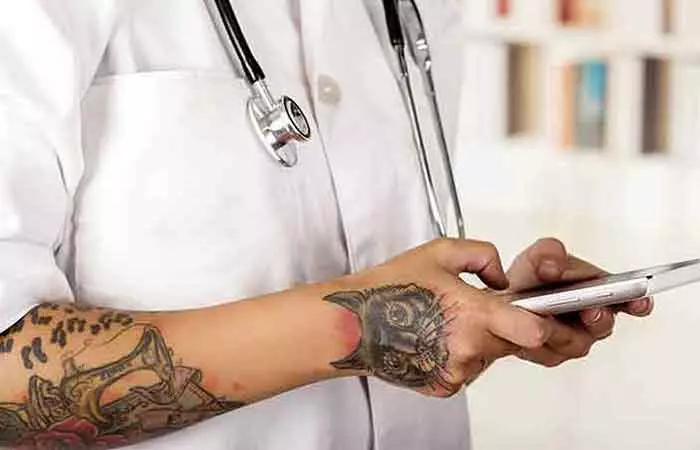
Pros
Many medical professionals are choosing to get inked for the following reasons:
1. To Express Individuality
Doctors are often expected to adhere to a professional yet conservative appearance that can sometimes restrain their freedom of expression. However, many doctors are getting tattoos to help them stay connected to their family and roots or as an expression of themselves.
2. To Help Build Rapport With Patients
Doctors with tattoos may seem more relatable to patients. For instance, a doctor with an octopus tattoo or a butterfly tattoo may seem more approachable to lots of patients, especially elderly patients. This may help them build a connection with their patients, leading to a comfortable and satisfied patient experience.
3. To Increase Confidence
Doctors getting meaningful tattoos can help bolster their confidence and get more comfortable in their skin. This may also help increase their job productivity. This, in turn, may increase their job performance and satisfaction.
4. To Promote Inclusivity
Doctors with visible body art can help break stereotypes associated with tattoos and create a more diverse and inclusive work environment.
Mansi Singhal, a doctor, shared her experience of having tattoos as a healthcare practitioner in her vlog. She said, “I am still in the budding stage of my professional career but I can say that I have not had anyone who has looked at my tattoos and said to me that I cannot further go in my profession (ⅰ).”
Cons
There is also a flip side to doctors having tattoos. Find out below:
1. May Negatively Affect Their Professional Image
Many patients believe that the tattoos they see on doctors may make them less professional, approachable, or even inefficient. This may create a lack of trust between patients and doctors, which can reduce patient satisfaction and make them less likely to come for follow-ups.
2. May Distract Patients
The bright, colorful appearance of tattoos can distract both fellow doctors and patients that may lead to an incorrect diagnosis or treatment and put a patient’s life at risk.
3. May Lead To Potential Biases
Medical practitioners with tattoos may be considered less professional or hard working by their senior colleagues. This may ruin future opportunities and hinder their career progress.
The social stigma associated with tattoos in medical circles still exists. However, doctors are getting tattoos to express themselves despite the stereotypes. While there are no rules or laws prohibiting doctors from having tattoos, every medical facility has their own set of rules with respect to tattoos. In most cases, doctors with visible tattoos will have to cover them up with makeup, medical tape, or scrubs and follow proper hand hygiene to prevent any contamination. Others may allow doctors to show their tattoos to create a more inclusive work environment. A similar question about medical professionals and tattoos is — can nurses have tattoos? The answer is the same, it depends on the establishment they work for. Hence, it is recommended that you check your employer’s current policies on tattoos to help you navigate your daily life as a doctor or any medical professional.
Frequently Asked Questions
What should doctors consider when getting tattoos in visible areas?
Doctors should take the content into consideration when getting a tattoo. One should avoid inappropriate themes and symbols that might hurt the religious and cultural sentiments of others. Plus, they should think about the size before getting their tattoos.
Do dress codes in healthcare settings address the issue of tattoos?
This may differ across healthcare institutions. Some may ask their doctor with tattoo sleeves to cover them up with makeup or long-sleeved scrubs for a more professional look. Others may have more relaxed rules regarding tattoos and may just ask the doctors to just dress appropriately.
Illustration: Can Doctors Have Tattoos? Understanding The Pros And Cons
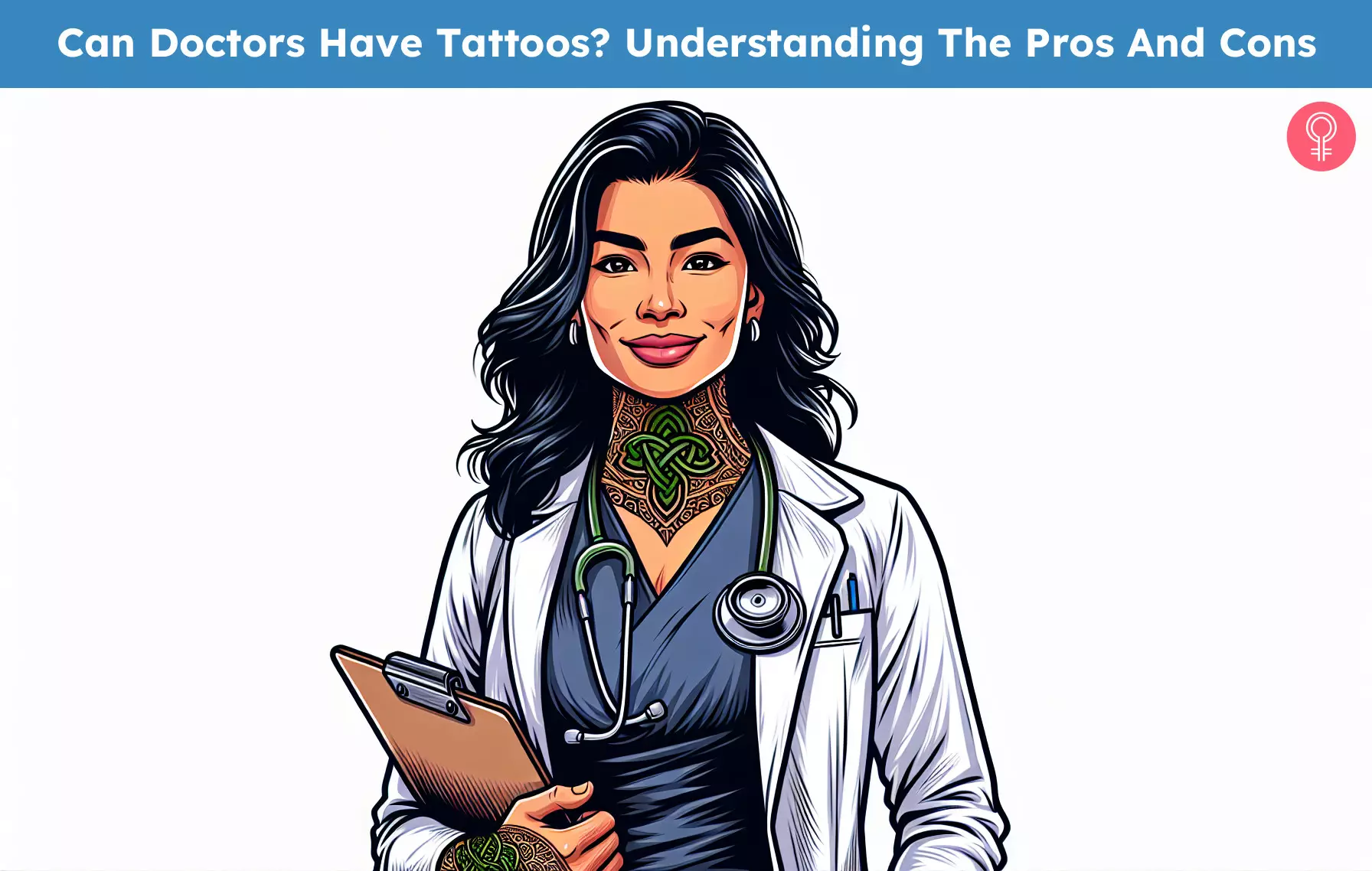
Image: Dall·E/StyleCraze Design Team
Tattoos are a highly debated topic in the medical community. Check out this video for important information on how to navigate the world of medicine as an aspiring doctor.
Personal Experience: Source
StyleCraze's articles are interwoven with authentic personal narratives that provide depth and resonance to our content. Below are the sources of the personal accounts referenced in this article.
(ⅰ). Can Doctors Have Tattoos?!https://www.youtube.com/watch?v=b_y7VllfOr4
Can Doctors Have Tattoos? Guidelines & Tips
Watch now to discover if doctors can sport tattoos, learn essential hospital policies, hygiene tips, and pros and cons of visible medical body art. Dive in for insider guidelines.
Read full bio of Brik Rangel
Read full bio of Joyce Joyson
Read full bio of Eshna Das
Read full bio of Aparna Harry













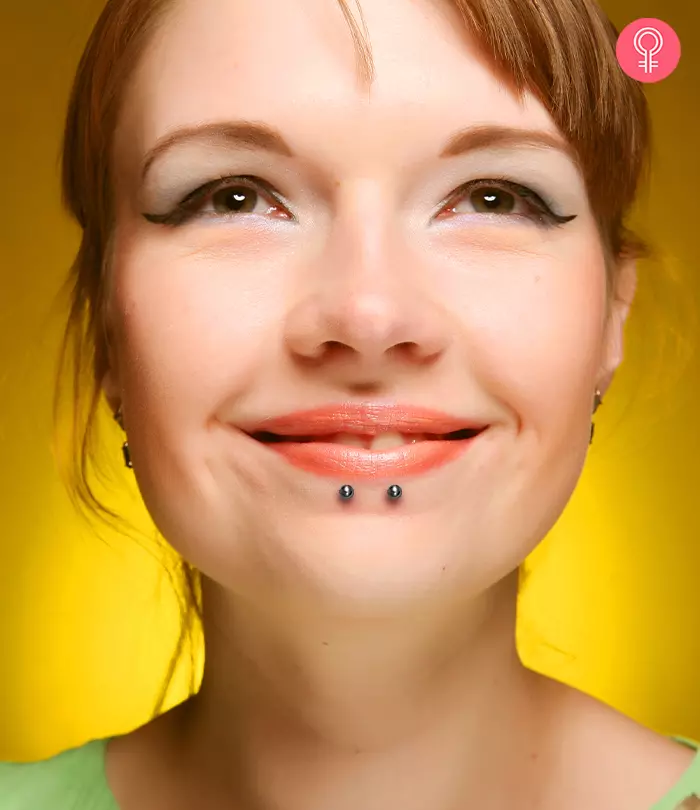
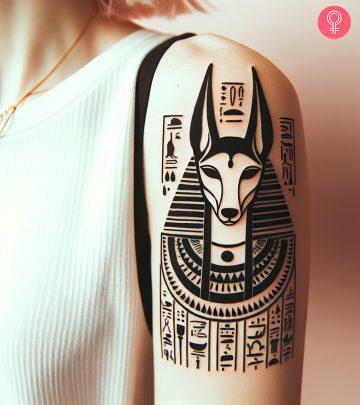
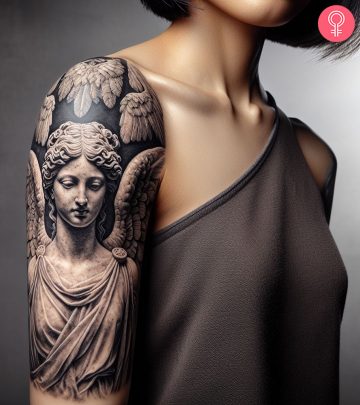

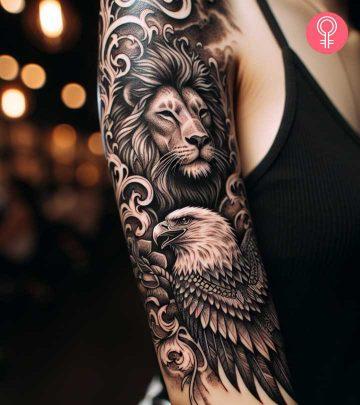
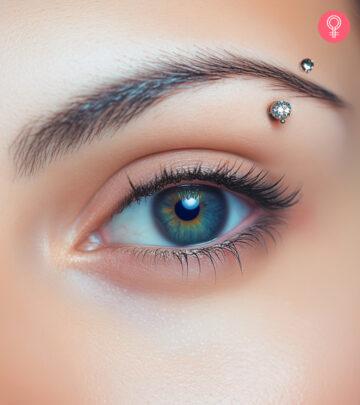
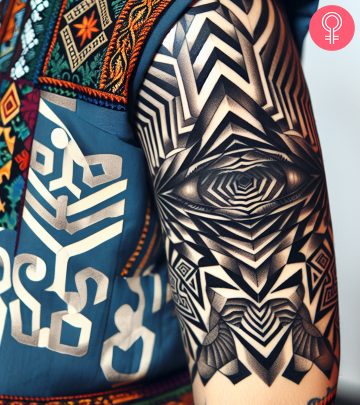
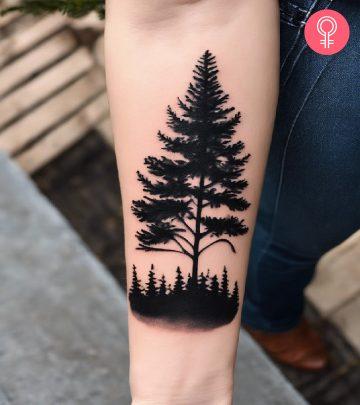

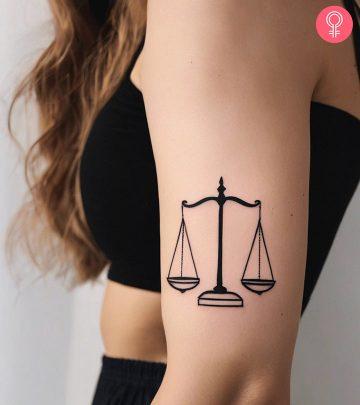
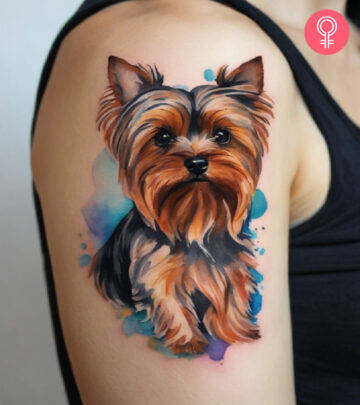
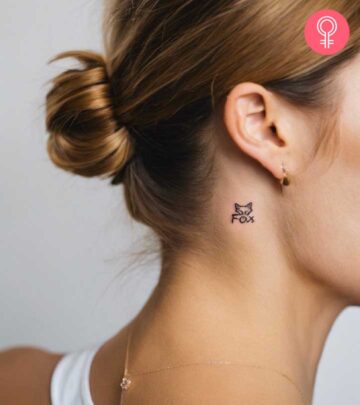
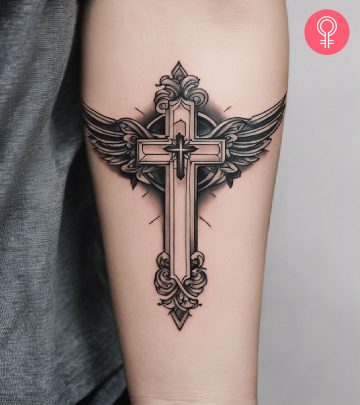
Community Experiences
Join the conversation and become a part of our empowering community! Share your stories, experiences, and insights to connect with other beauty, lifestyle, and health enthusiasts.